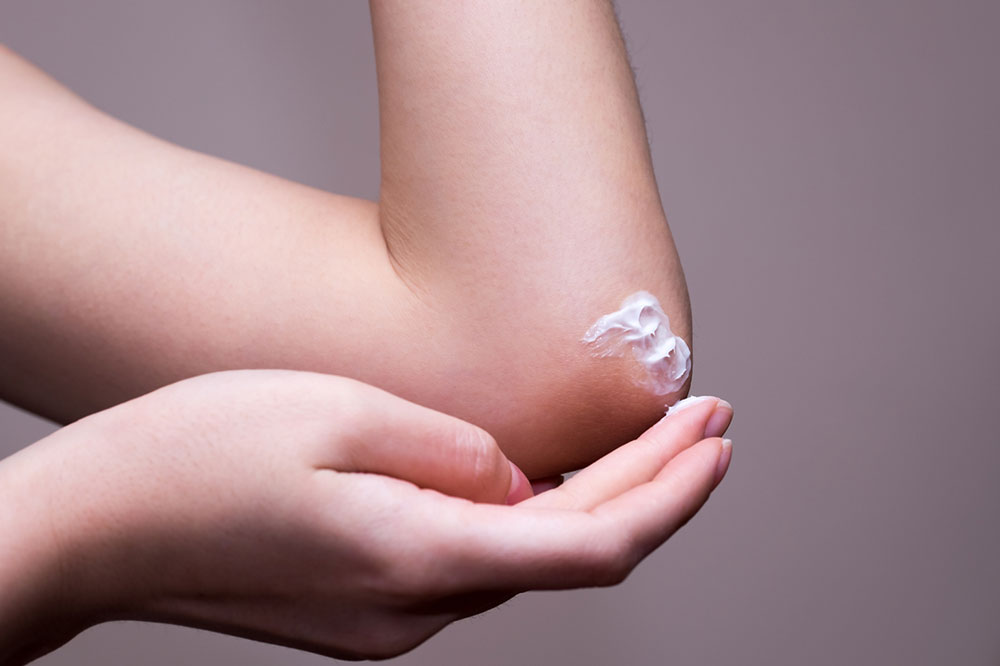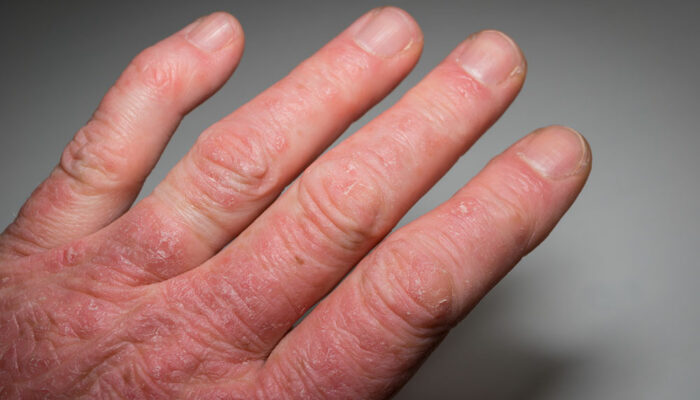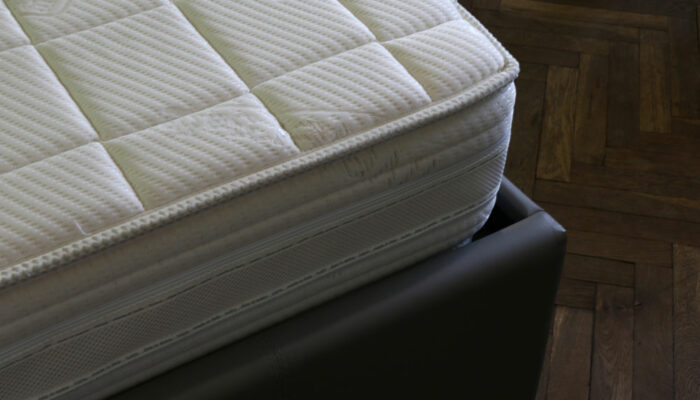
Best and Worst Climates for Eczema
Eczema is a condition that causes the skin to turn red, swollen, itchy, and painful. While the actual cause of this skin condition is yet to be determined, the weather and climate impact the disease immensely. For example, dry weather causes irritation, and humidity causes skin itchiness. On the other hand, a more moderate climate is right for your skin. This article discusses how different weather conditions affect eczema and ways to manage the condition.
1. Hot weather and eczema
You might have noticed that eczema flare-ups are more frequent during summer. This could be due to the higher level of pollen in the air. Besides, the hot and dry weather causes you to sweat, thus triggering eczema. The main culprit here is sweat, which contains a mix of minerals such as sodium, zinc, and chloride that are general skin irritants.
2. Cold weather and eczema
Winters are also problem causers for eczema flare-ups. The dryness of the air can cause the skin to dry up, too. Besides, the woolen clothes you wear during this season can also cause a problem. The rubbing of wool against the skin causes itching, thereby resulting in an eczema flare-up.
3. The worst weather for eczema – summer or winter?
Winter is a bigger problem due to the lower humidity levels. The dryer the air, the harder it becomes for the skin to adjust to the cold. Compared to this, the chances of eczema getting better during summer are higher because of the very exposure to the sun. This is because UV rays can help sensitive skin heal through the science of phototherapy.
4. Managing eczema during winter
So how to protect your skin during the harsh winter? Make sure you always moisturize. This will not allow your skin to be dry for too long. You will be required to moisturize more frequently during winter if you live in an icy climate. So speak to your dermatologist to see which form of moisturizer is best for you. Sometimes you may need more than one over-the-counter moisturizer to keep your skin hydrated. Your skin type will also determine the product you will need to use.
You could take many precautions to ensure that the weather does not majorly impact your flare-ups. Make sure you moisturize all of your exposed parts and eat supplements that boost skin health. In addition to using topical solutions, wear the right form of clothing so that your skin does not have other irritants.



